|
Obesity In Arizona
About 20 out of 100 Arizona children ages 10 to 17 were considered obese in 2011, the seventh-highest rate in the country, according to one report. A state report says that as of 2009 a quarter of Arizona’s adults were overweight. Experts say that beyond harming an individual’s health obesity carries costs for society at large, including higher insurance premiums and Medicaid expenditures. In this special report, Cronkite News examines some of the many ways schools, groups and public officials are responding to Arizona’s obesity epidemic.
|
|
Special ReportCronkite NewsWatch
|
|
|
|
In this special broadcast, Cronkite NewsWatch takes an in-depth look at Arizona’s obesity epidemic, different ways obesity impacts lives and programs that aim to prevent obesity and promote healthy lifestyles.
|
——————————————————————————————————
Digital Reports
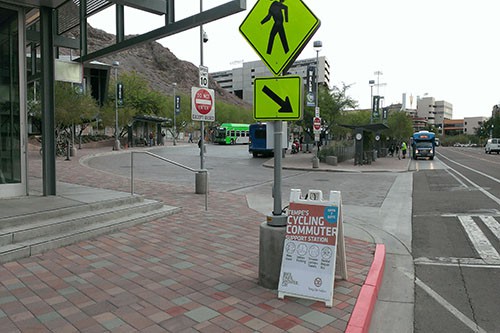 Communities: Communities: State health officials are encouraging cities and counties to update general plans to make developments promote walking, biking and other practices that cut down on obesity.
 After School: After School: Aiming to get kids moving, Arizona State University Preparatory Academy offers Healthy Kids, an eight-week after-school program focusing on nutrition education and fitness.
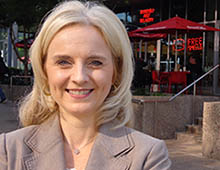 Q&A: Q&A: Listen to a podcast in which Nicole Stanton, wife of Phoenix Mayor Greg Stanton, describes her decision to found Stop Bullying AZ and how bullying is connected to childhood obesity.
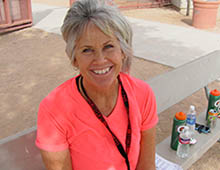 PE: PE: With physical education an elective, teachers at schools in Queen Creek and Chandler are finding other ways to integrate exercise into school life, including organized games during lunch recess.
 Diet: Diet: A program in south Phoenix is organizing community gardens to connect residents who lack easy access to grocery stores with fresh produce and to teach children the value of whole foods.
 Preschools: Preschools: Arizona reduces the licensing fees for preschools and child care centers that participate in Empower, a program that encourages healthy choices on nutrition, exercise and tobacco.
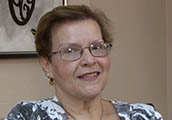 The Conversation: The Conversation: It may seem a delicate conversation when pediatricians talk with children and their parents about obesity. But several tell Cronkite News the subject is essential. Hear how they approach it.
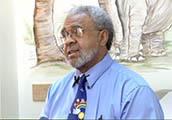 Obesity-Impact: Obesity-Impact: A group of pediatricians discusses the lifelong health problems resulting from obesity that prompt them to have frank conversations with parents of their young patients.
|
Video Reports
|
A Scottsdale cooking school offers classes to teach families how to prepare their own meals.
|
|
The Affordable Care Act provides for obesity screening and prevention, but some experts say that isn’t enough.
|
|
One Valley gym offers weekly 30-minute movement classes for babies.
|
|
Flagstaff Medical Center’s Fit Kids of Arizona program promotes healthy lifestyle choices for children.
|
|
Chandler schools are teaming with Arizona State University students to find new ways to keep kids moving.
|
|
Just because you’re older doesn’t mean you can’t work out. One Flagstaff gym is proving this.
|
|
A Phoenix elementary school’s students are growing a garden to learn how to eat healthier.
|
|
University of Arizona medical students are learning how to talk to patients about healthy eating habits and preventing obesity.
|
Obesity affects not only your health but the amount you spend on health costs.
Published Dec. 11, 2013
|
|